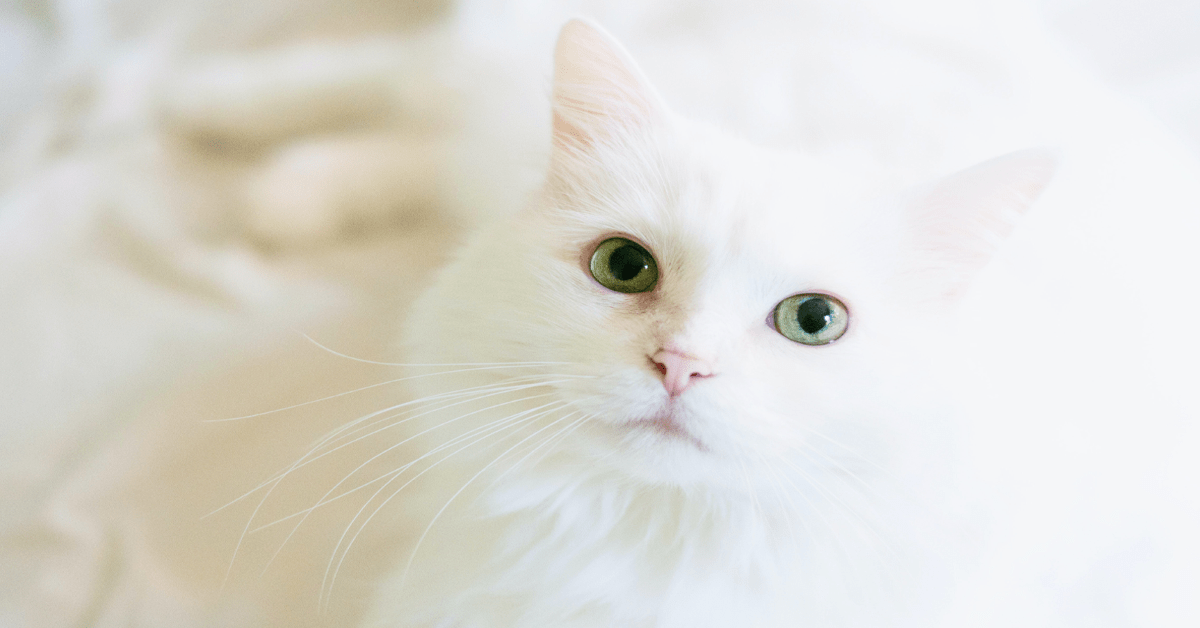CAN MOLD LEAD TO HEALTH ISSUES FOR INDOOR PETS?
Most homeowners are unaware that mold can be a serious health risk to indoor pets ranging from slight to serious, even life-threatening. Today we are considering the impact mold can have on the health of domestic animals in the home.
WHAT IS MOLD?
Mold can be found in nature outdoors and often doesn’t represent much risk to humans or animals. Outdoor mold spores play an important role in our ecosystem, biodegrading organic matter in nature.
INDOOR MOLD SPORES
Indoor mold, on the other hand, can present health risks to both humans and their pets. Mold spores expand into large colonies often the result of moist, damp areas with little or no activity like crawlspaces, basements, and attics.
HIDDEN MOLD
Unfortunately, mold contamination is not always evident. Attic mold, for example, can grow undetected for decades.
Moisture in your attic provides an ideal environment for mold growth.
VARIOUS MOLD SPECIES
Various mold species can be found indoors, some more harmful than others. When mold is discovered, it is impossible to precisely identify a species with the naked eye. For accurate identification, mold samples must be sent to a laboratory.
AIRBORNE INDOOR MOLD
When mold is present, lose spore can travel through the air and enter living spaces through air ducts, gaps, and cracks between the attic space and living areas.
These mold spores may have no impact on healthy adults or children but can impact household pets.
MOLD CAN MAKE YOUR PETS SICK
According to Dr. Becker, a respected veterinarian certain molds can cause serious health problems in pets who inhale or ingest them. She goes on to say, mold can easily be licked or the spores inhaled wherever it grows. Toxic mold produces mycotoxins that can damage the health of both humans and their pets.
She further states, there are five species of toxic mold: Cladosporium, Penicillium, Fusarium, Aspergillus, and Stachybotrys. Exposure to these molds can cause symptoms as mild as sneezing or coughing, all the way to neurologic problems and death.
Mold spores that enter your pet’s system either inhaled or ingested can cause a variety of health issues that can be difficult to diagnose.
Click here to read more about pets and mold from Dr. Becker.
ATTIC MOISTURE
Attic moisture can be the result of several factors including a leaky roof, leaking pipes, exhaust from bathrooms, cooking, and dryer vents that are improperly exhausting into your attic space rather than outdoors, and in winter when humidifiers are active – moisture vapors can travel up into your attic and condense on surface and insulation.
Click here to learn more about attic mold>
INSPECT YOUR ATTIC FOR MOLD
We recommend an annual attic inspection. The best time to inspect your attic for moisture problems is during the winter and early spring months. If you are unable to inspect your attic contact Attic Air. We offer a free attic inspection and we know exactly what to look for. Finding problems early can save you money and heartache. Veterinary bills to diagnose mold-related problems can add up quickly!
As pet lovers – we want you can your pets to be healthy and safe!
WE ARE ATTIC AIR
We are an insulation and attic ventilation contractor serving homeowners in Chicago and surrounding suburbs. Please check us out on Angie’s List, Google, BBB, and Yelp! You can reach us at 630.830.3870


